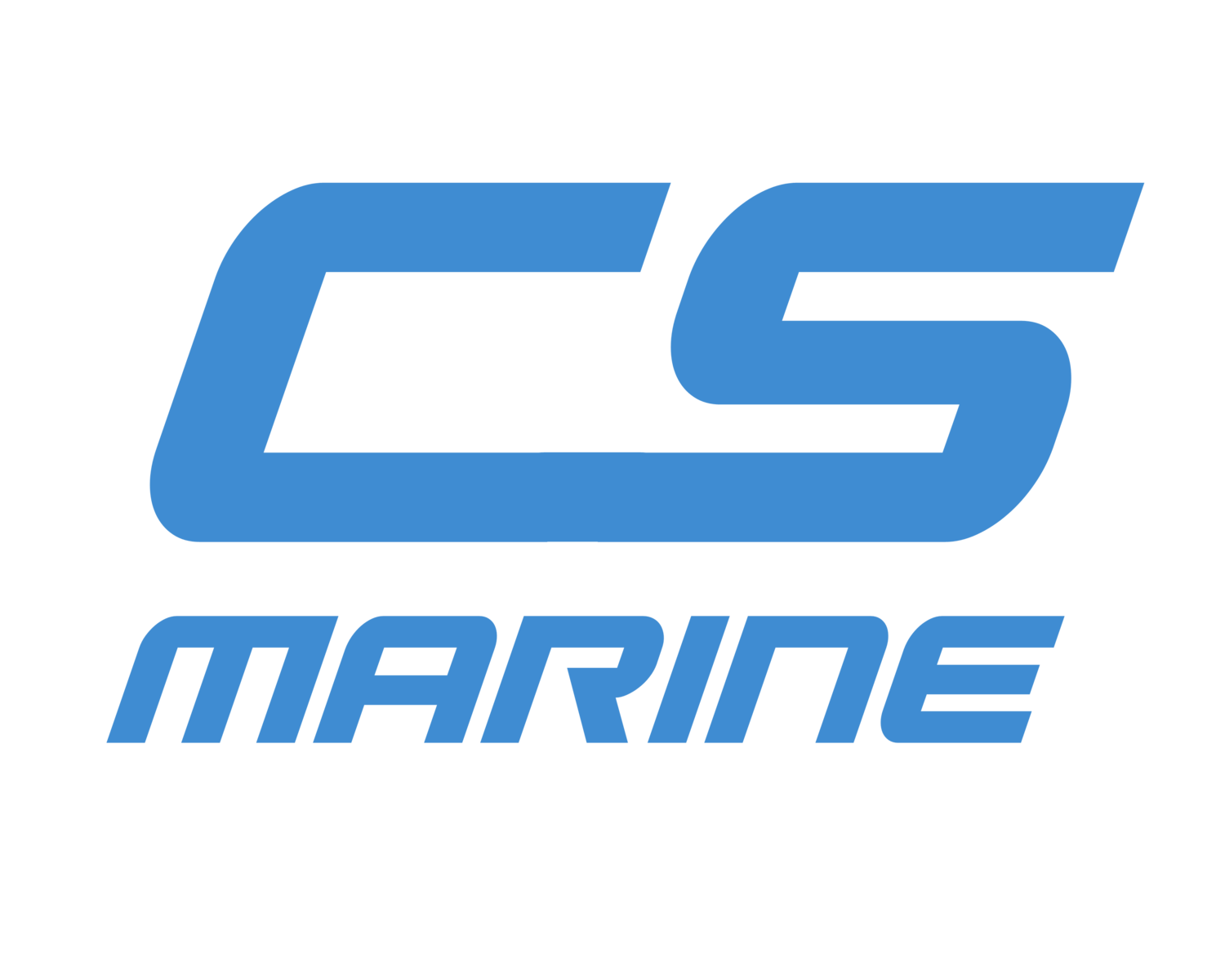The minimally manned LCS asks a lot of her crew, but the experience puts sailors into leadership roles they might not otherwise have an opportunity to undertake and builds well-rounded officers who are better mariners than the fleet average.
U.S. NAVY (RAFAEL MARTIE)
By Lieutenant John Albani, U.S. Navy
January 2021
Proceedings
Vol. 147/1/1,415
I had mixed feelings as I was piped ashore for the last time as navigator on the USS Freedom (LCS-1), the Navy’s first littoral combat ship (LCS). I thought back to two and a half years prior, when I learned I had been selected for these orders. I got comments such as “Good luck” and “Who did you piss off?” that made me wonder what exactly I was in for. After I completed a thorough six-month training pipeline I—both excitedly and nervously—checked in.
In my first days on board, I realized this was unlike any “legacy” ship on which I had served. Like anyone, my frame of reference was my last ship, and my department there included more than 40 sailors. On the Freedom, an engineering department of fewer than 20 sailors ran the entire power plant. Divisions had as few as three sailors, and the wardroom was made up of only ten officers. I remember thinking, “How can they possibly meet all the requirements of a ship with such minimal manning?” Days later, when I was anointed with several collateral duties (training officer, legal officer, safety officer), I found out.
Every sailor on board an LCS is required to perform multiple jobs and duties outside his or her primary rating. Yes, we all have had hard chargers who would take on one, maybe two, collateral duties, but the majority of sailors focus on their primary roles. This model works for the rest of the fleet, but the LCS demands sailors who are technically proficient not only in their trades, but also in a wide range of collateral duties. For example, a gifted information systems technician who leads a communications shack also is expected to serve as the command career counselor, facilitate morale, welfare, and recreation events, and manage the command resiliency team.
An LCS just asks more of her sailors. You may be thinking, “This is too heavy a burden on the sailor,” and in some cases, that is true. For the most part, however, this situation fosters a sense of purpose and puts sailors into leadership roles they might not otherwise have had an opportunity to fill or the confidence to undertake. The pressure often forges sailors who are ready to lead others at a higher level and who can quickly identify and solve problems and adapt. In short, the LCS structure produces sailors who will lead the fleet forward wherever they are detailed next.
In the wardroom, the situation is similar, but with additional emphasis on responsibility and flexibility. As a first-in-class warship, the Freedom had to work through a number of material issues and shortfalls, as well as meet the demanding LCS squadron schedule—and my senior officers handled it all well.
Even at the department head level, every officer must wear multiple hats. There is no room for substandard work or “skating.” Everyone must hold the line; everyone must produce. In my experience on the Freedom, this fostered a culture of lifting each other up and helping one another realize our full potential, resulting in well-rounded officers who were better mariners than the fleet average.
The Navy will be hard-pressed to find more seasoned ship drivers and competent watchstanders in the pilothouse than LCS officers. Because of the small crew and bridge team and the strength of the training received, these officers run a strict watch, with an emphasis on operating in accordance with the International Regulations for Preventing Collisions at Sea and heightened bridge resource management. Our scores on Rules of the Road exams were well above the fleet average every month.
Today’s Navy faces many challenges. One of these is finding the optimum application and purpose for the LCS. The LCS carries a negative stigma in the fleet, and, at times, that perception is accurate. Yet, I am certain I am a better officer, leader, and ship driver for having served in an LCS. As the Navy continues to evaluate and develop this program, it should remember: Sailors who have completed an LCS tour will be among the finest, most dedicated, and resilient in the fleet.


